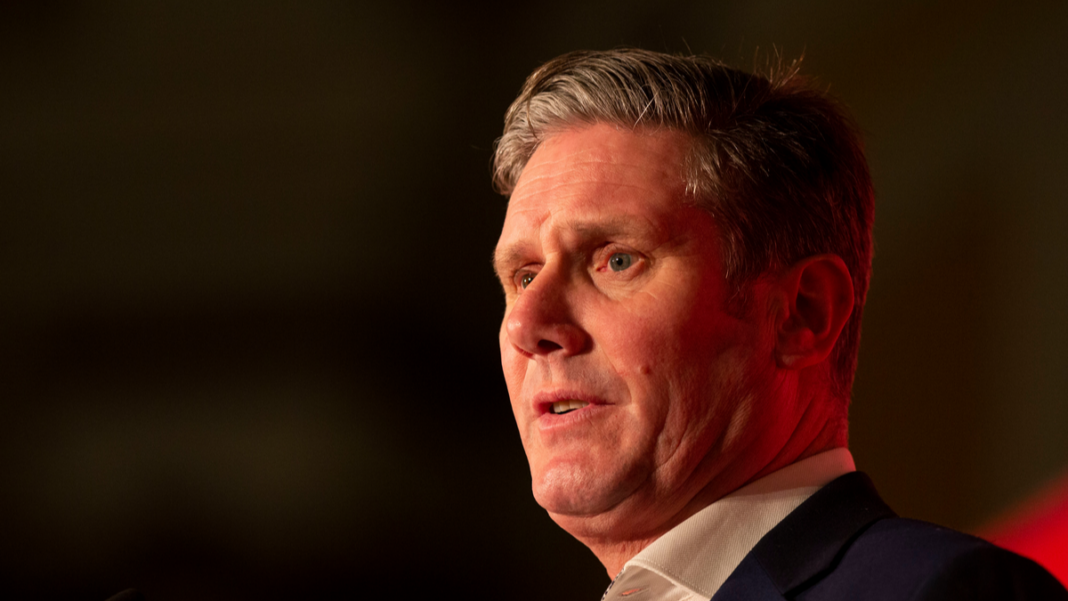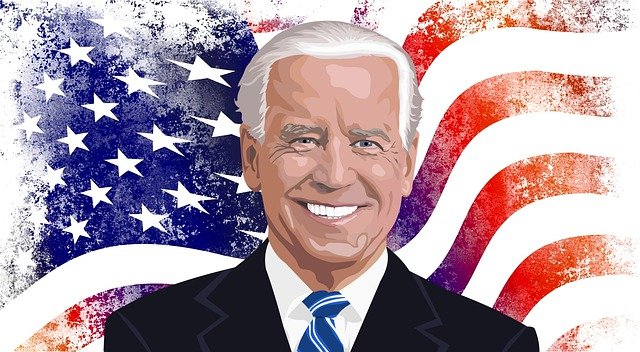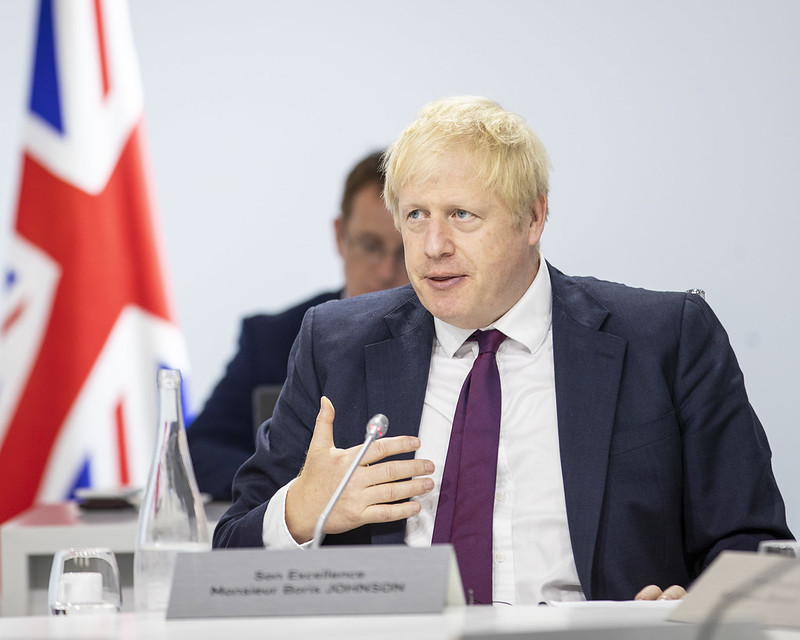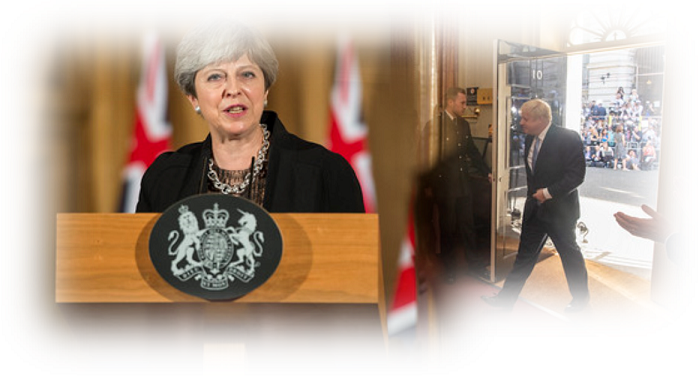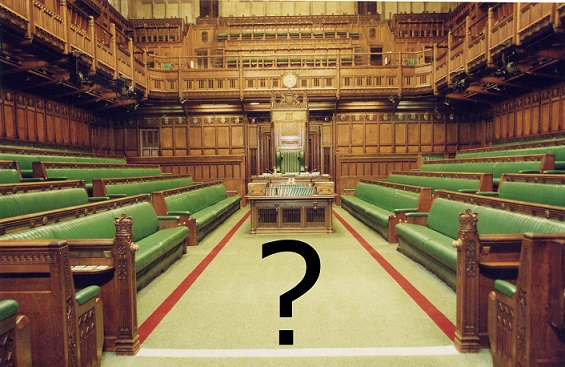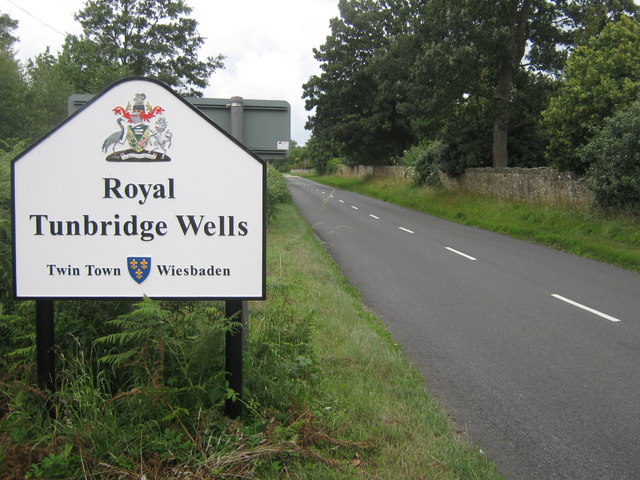16 July 2021 | OPINION
For the British Labour Party to win a General Election, recent history has shown that the party must move further to the centre and away from the far-left politics it has embraced in recent years, most notably under the leadership of Jeremy Corbyn.
The name that springs to mind for a more centre-left Labour figure is Tony Blair, but although Sir Keir has endeavoured to move away from the politics of Jeremy Corbyn, there are still some significant and profound differences between Sir Keir’s vision for his party and the vision held by Tony Blair and his ‘New Labour’. These differences are worth looking at.
Sir Keir’s website has published his ‘10 Pledges’, in which he outlines his vision for the Labour Party. It includes “radical views” and puts “a moral case for socialism”, which is very different to Tony Blair’s message in the 1990s. It is important to bear in mind, however, that this is not a manifesto for a General Election and that elements of his vision may merely be playing to a crowd, in an effort to keep his party united.
Moreover, some aspects of political discourse today were not part of political discourse when Blair was leader of the Labour Party.
There is one key instance where Sir Keir might be drawing on examples set by Tony Blair. Sir Keir’s eighth pledge is to “devolve powers” and “abolish the House of Lords”. When Blair was Prime Minister, he devolved certain powers to Regional Assemblies in Wales and Northern Ireland and a Parliament in Scotland, by means of the Government of Wales Act 1998, the Scotland Act 1998 and the Northern Ireland Act 1998. However, the extent to which Sir Keir wishes to alter the political system of the United Kingdom is much more radical than what Tony Blair got through when he was Prime Minister.
Sir Keir intends to go further than Tony Blair, as he pledges “a federal system to devolve powers – including through regional investment banks and control over regional industrial strategy”. This is an incredibly significant and radical change to the British constitution, as Sir Keir implies a move to a federal-style state, rather than a unitary one as has been the status quo since time immemorial. The eighth pledge also mentions his wish to abolish the House of Lords – this pledge to abolish the Upper House of Parliament is also significantly more radical than Tony Blair’s reforms to the House of Lords with the House of Lords Act 1999.
In addition to constitutional alterations, Sir Keir’s ideas on how the economy ought to be are very different to Blair’s policies. Perhaps the most significant break with Blairism is where Sir Keir has included in his vision that his fifth pledge is “common ownership of rail, mail, energy and water; end outsourcing in our NHS, local government and justice system”.
This breaks with Blairism in the sense that Blair axed Clause IV of the Labour Party Constitution in 1995, which included the “common ownership of the means of production”. In addition to state ownership of some industries, the seventh pledge seeks to “repeal the Trade Union Act [2016]” – repealing the Trade Union Act 1984, as was its forerunner, was something never done or even attempted by Tony Blair when he was Prime Minister. Furthermore, Sir Keir’s second pledge is to “support the abolition of tuition fees”, which diametrically opposes the actions of Blair – it was Blair who introduced tuition fees in 1998.
The elephant in the room with regard to the differences between the actions of Tony Blair and the vision of Sir Keir Starmer would be in relation to foreign policy and defence strategy, in light of the findings of the Iraq Inquiry in recent years. His fourth pledge proves this. It emphasises “no more illegal wars” as its first sentence, and goes on to mention the introduction of a “Prevention of Military Intervention Act”. However, it is unclear what exactly this would legislate for or against and what the ramifications would be for the defence of the realm.
To offer a brief conclusion, although some have argued that Sir Keir Starmer’s Labour Party is more to the centre than it was under the leadership of Jeremy Corbyn and that is somewhat true, it has to be said that the Labour Party has a long way to go to get back to where it was under the leadership of Tony Blair, or even that of Gordon Brown.
Thomas Clowes-Pritchard is a Policy Fellow of The Pinsker Centre, a campus-based think tank which facilitates discussion on global affairs and free speech. The views in this article are the author’s own.






